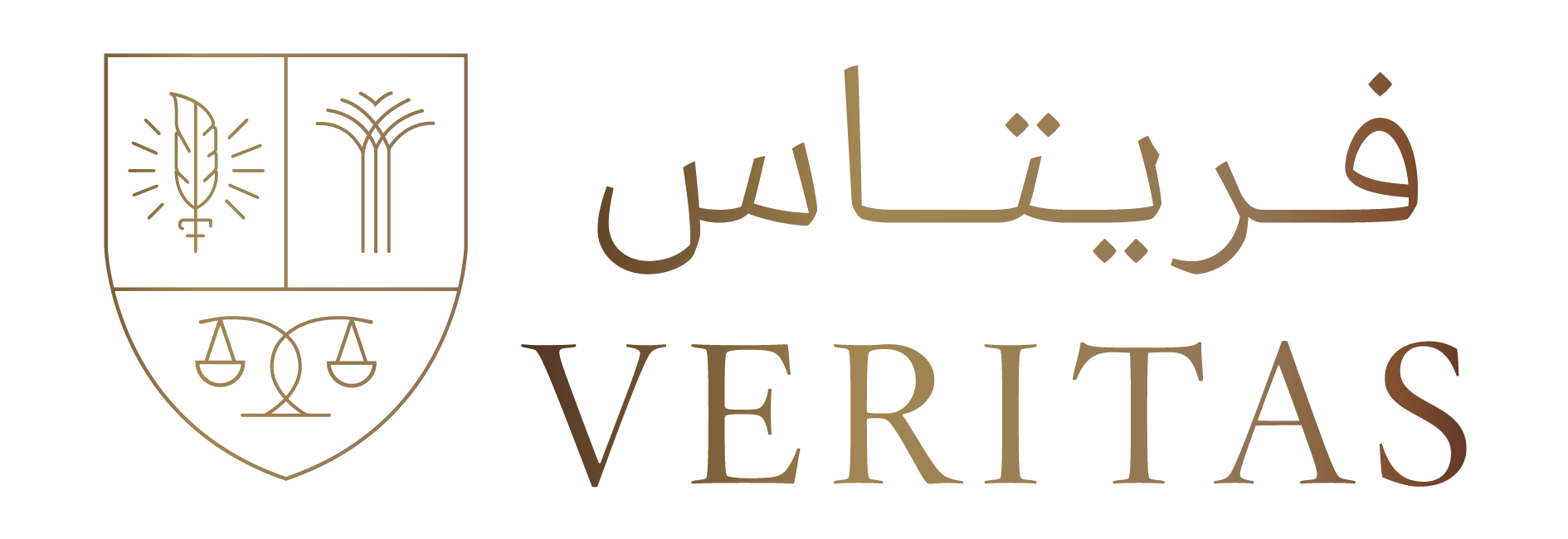
New Commercial Saudi Arabia’s Legal Reforms in 2025: Building a Modern Legal Framework for Vision 2030
- June 11, 2025
- 8:01 am
In 2025, Saudi Arabia continues to drive its Vision 2030 agenda forward with major legal reforms designed to modernize its legal system, enhance transparency, and attract foreign investment. These reforms are crucial in transforming the Kingdom into a diversified, knowledge-based economy less dependent on oil revenues.
Saudi Arabia’s legal reforms in 2025 represent a historic shift toward a modern, transparent, and investor-friendly legal environment. From the codification of civil law and promotion of PPPs to digital justice services and gender equality, the Kingdom is building a robust legal foundation to support its Vision 2030 transformation. By codifying civil laws, encouraging private sector participation, enhancing the business climate, digitizing legal services, and advancing women’s rights, Saudi Arabia is laying a solid foundation for achieving the ambitious goals set out in Vision 2030.
Key Codification of Civil Laws
At the heart of Saudi Arabia’s legal transformation is the Civil Transactions Law (CTL), which came into force in December 2023. This landmark legislation codifies Sharia-based legal principles into a structured and accessible legal framework. It brings greater clarity and predictability to contractual and financial dealings.
The CTL addresses key legal areas such as contract formation, performance, termination, and liability. Importantly, it allows for limitations of liability, pre-agreed damages, and recognizes claims for foreseeable loss of profits—aligning the Kingdom’s legal system with international standards. This codification strengthens legal certainty and boosts investor confidence in Saudi Arabia’s business landscape.
Private Sector Participation Law
To stimulate private sector engagement in public infrastructure, Saudi Arabia enacted the Private Sector Participation (PSP) Law. This law promotes public-private partnerships (PPPs) by defining clear procurement procedures, competitive tendering processes, and transparent grievance mechanisms.
The PSP Law reinforces investor trust by ensuring transparency and fairness in project selection. It is also a critical enabler for achieving Saudi Arabia’s ambitious energy transition target of generating 50% of its electricity from renewable sources by 2030.
Investment Law and Business Environment
The new Investment Law underscores the Kingdom’s commitment to creating a level playing field for both local and foreign investors. It guarantees equal treatment, protects intellectual property rights, and streamlines investment procedures—including ownership, licensing, and exit strategies.
Complementing this, the updated Companies Law, effective January 2023, simplifies business registration, increases governance transparency, and encourages entrepreneurship. These reforms collectively strengthen Saudi Arabia’s appeal as a hub for foreign direct investment (FDI) in line with Vision 2030 goals.
Digitalization of the Legal System
Saudi Arabia is rapidly embracing legal tech and digital transformation. The Ministry of Justice launched the Najiz platform, which consolidates over 140 judicial services in one mobile app. Users can now file cases, submit evidence, and access a range of legal services online—streamlining legal processes and enhancing public access.
In parallel, the Reconciliation Center was established to provide mediation services for family and commercial disputes. This initiative reduces court congestion and supports quicker, amicable resolutions.
Advancements in Women’s Legal Rights
Legal reforms have also significantly improved women’s rights in Saudi Arabia. Women now enjoy greater autonomy in personal and professional spheres, including the right to initiate divorce, gain child custody under certain conditions, and access a broader range of career opportunities—including in law, aviation, and defense sectors.
These changes have propelled female workforce participation beyond Vision 2030 benchmarks and demonstrate the Kingdom’s commitment to gender equality and social progress.
For expert guidance on Saudi Arabia’s legal reforms and how they may impact your business, contact us at: info@veritasksa.law
